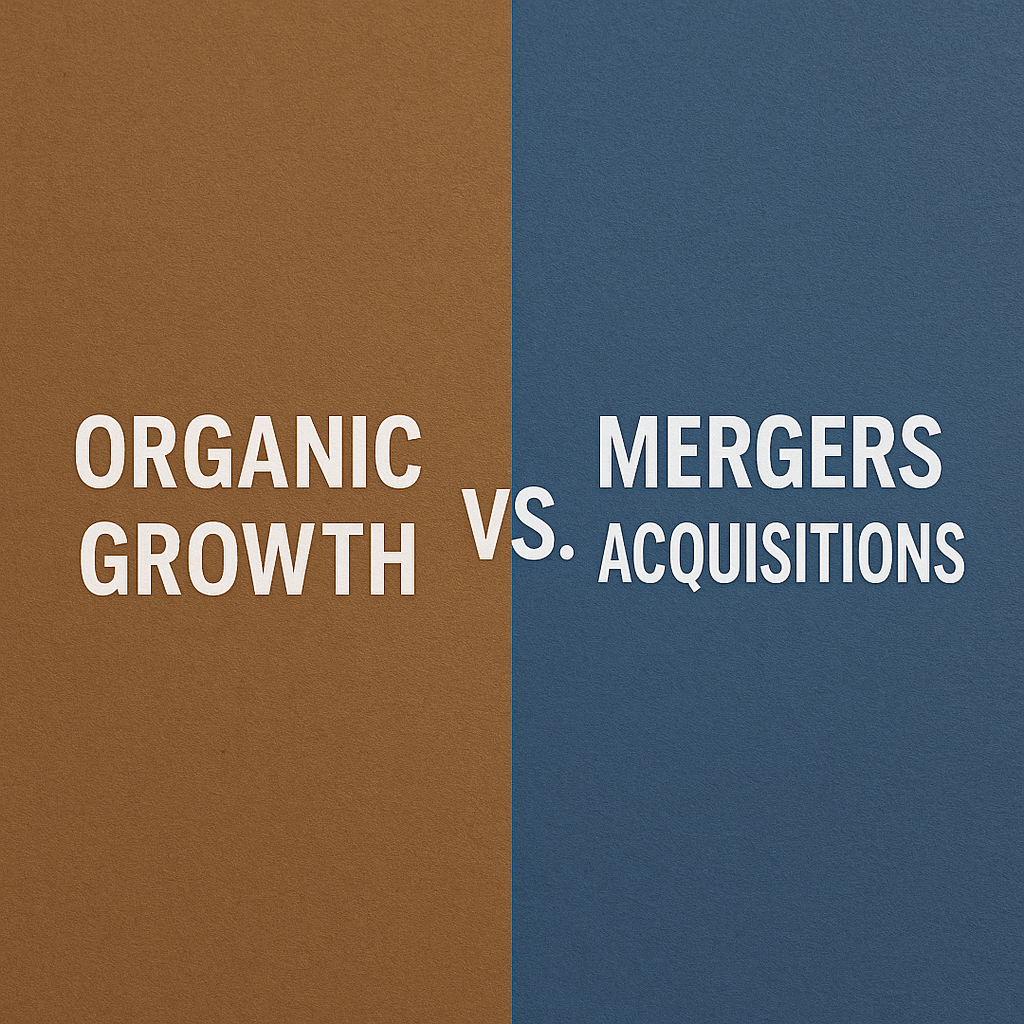Private Company Valuation Guide: How To Calculate What Your Business Is Really Worth
Understanding how to value a private company is essential, whether you’re preparing for a sale, securing investment, planning a leadership...
2 min read
Admin : Nov 7, 2022 5:38:20 AM

When preparing for a company sale, an important step is assessing areas of strength and areas for improvement. Wilcox Investment Bankers 10 Point Business Scorecard below will help you rate your business on a scale of 1 to 5, with 5 being exceptional. Note that below each point is a set of general questions to help you evaluate the company rating. Very few companies rate a 5 in all categories. However, the closer you can move your company to a score of 5 will stack the deck in your favor, resulting in a larger set of genuinely interested buyers and a higher purchase price.
Is the company focused on a definable niche(s)? Does the company have a leading market share? Is the company’s reputation favorable? Does the company have specific competitive advantages relative to competition (brand, technology, know-how, low cost structure, etc.)?
How capable is the management team? Does the company have a solid second tier of management? Could the management team successfully operate the business if the owner departed? Is there a successor identified?
Are growth opportunities clearly identified, realistic and achievable? Would growth prospects and growth rate be compelling relative to the company’s industry? What level of capital and labor investment is required to successfully pursue the growth opportunities?
Are customers considered high quality within the company’s sector? Is the customer base diversified among a number of customers without undue concentration? What is the duration of customer relationships? Are there repeat customers or contracts in place? Are customers financially healthy and do they pay timely?
Has the company adequately invested in and routinely maintained facilities and asset base? What is the age of asset base? Does the asset base provide any technological or production advantages relative to competition? How much capital is required to maintain the asset base?
Is the employee base well qualified? How much turnover occurs relative to the industry? What is the tenure of employees? Are employee compensation and benefits competitive? What is the relative ease of attracting new employees?
What is the quality of the relationship with primary suppliers? Are there other supply alternatives if required to pursue those? Are there satisfactory supply agreements or contracts in place?
Is the company generating solid revenue growth, controlling costs and delivering appealing margins? Is there continued visibility of revenue and earnings into the future? How does return on capital, assets and equity compare to industry participants?
What is the quality of the balance sheet, especially working capital accounts (accounts receivable, inventory, prepaid accounts, accounts payable and other accrued payables)? Are there items that should be written down, written off or cleaned up?
Are there any material legal, tax, employee or environmental risks outstanding? Can they be resolved? What is the probability of a detrimental outcome and can it be quantified financially? Is all the related and necessary documentation complete and accessible?
Wilcox Investment Bankers 10 Point Business Scorecard is necessarily qualitative and all points may not be applicable to your company. However, the scoring below offers a guideline and can be adjusted according to your company’s situation.
| Score | Description |
| 40-50 | You are in a favorable position and should feel confident in proceeding with a company sale. |
| 30-39 | There are a few items that could be improved prior to a sale, but with some effort, you will be ready to proceed. |
| Below 30 | Focus on making the necessary improvements before proceeding. |

Understanding how to value a private company is essential, whether you’re preparing for a sale, securing investment, planning a leadership...

Growth is a top priority for small business owners. Whether you’re capitalizing on early success or aiming to scale, your chosen growth strategy...

Mergers and acquisitions (M&A) are powerful strategies that enable businesses to grow and adapt. While the potential benefits of M&A are...

3 min read
At some point every business owner confronts the prospect of selling the business. There are many reasons why business owners sell their business....

3 min read
How do you find a buyer for your business? Determining the best buyer for your business makes sense only in context with your goals. Some owners...

2 min read
Owners considering a business sale can take proactive steps that will greatly enhance the value of their business. As a boutique investment bank...